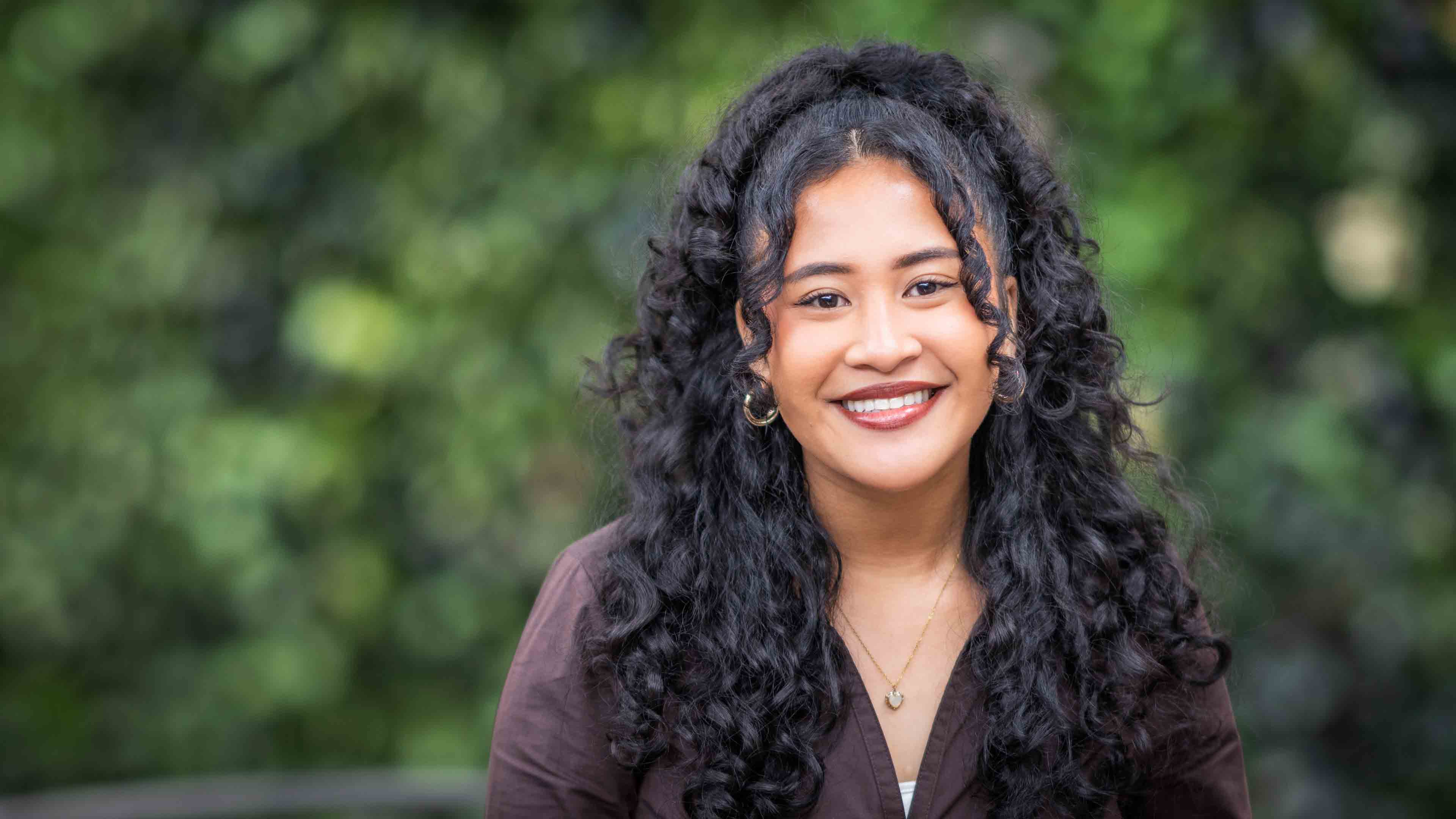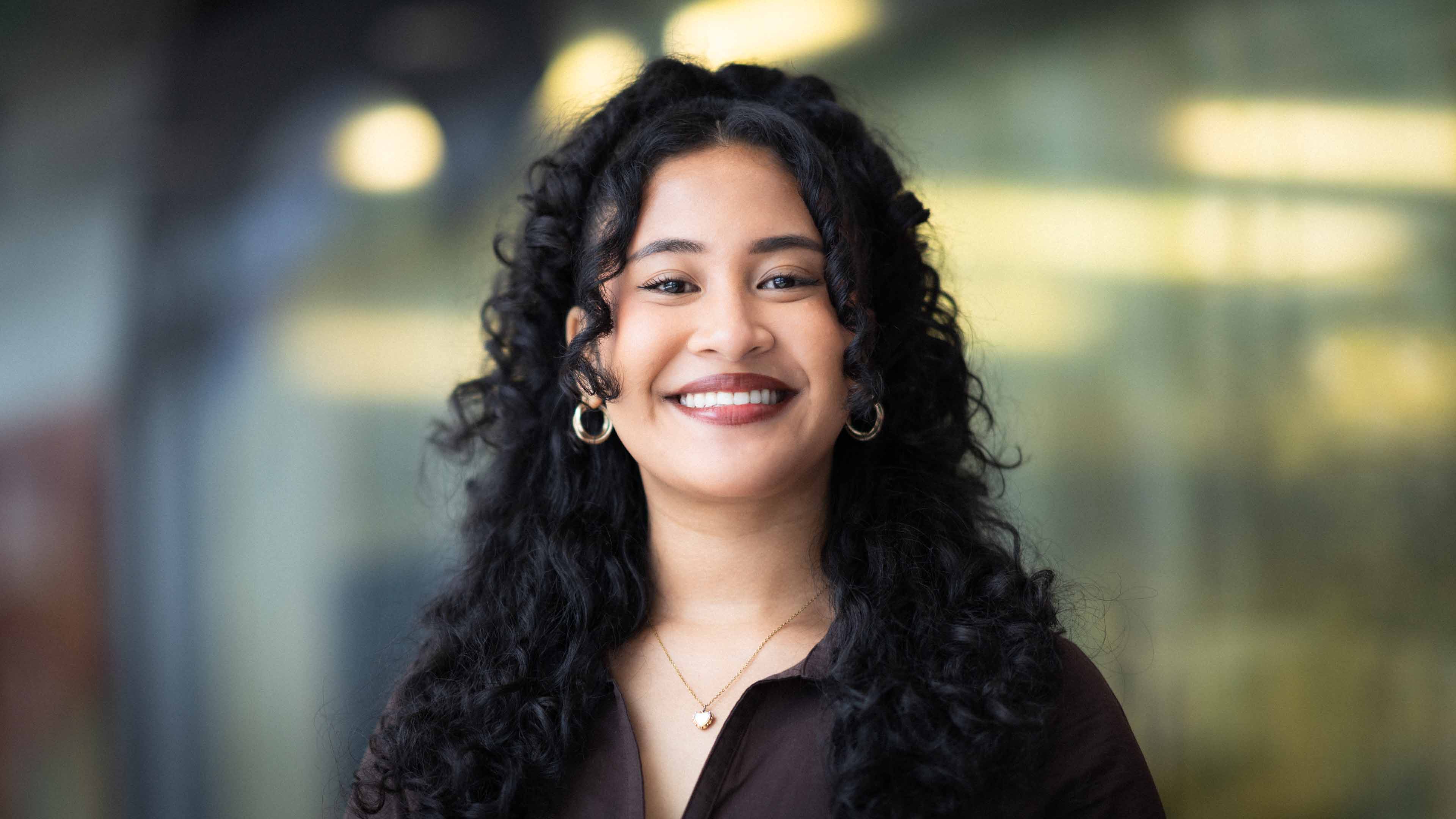Written by Community Social Services student Rachel Lyn Balintec

The main lesson I took from Dr. Schattle’s lecture is that global citizenship requires us to be conscious of how we know, think, and act. When students and educators bring these principles into learning and teaching, we create value from shared dialogue and build a future grounded in compassion, resilient against harmful, extreme-right narratives." - Rachel Lyn Balintec
Through the University of Guelph-Humber, guest speaker Dr. Hans Schattle’s 8th annual SERC-GC special lecture (delivered in November 2025) on the impact of global citizenship education during times of autocratic nationalism offered a powerful explanation of how these agendas manifest today and why a global citizenship mindset is vital. Dr. Schattle, a professor of political science at Yonsei University in Seoul, South Korea, described a global citizen as someone who embraces awareness, responsibility, and active participation toward a more harmonious world. Although the West, particularly the United States, has historically presented itself as a model of democratic practice, its current climate shows a turn toward consolidating power and promoting extreme right-wing ideologies that create fear, he explained. From Dr. Schattle’s insights, I learned that global citizenship education can serve as a safeguard for upholding human rights, democratic values, and human flourishing.
As a Research Assistant with Soka Education Research Centre on Global Citizenship (SERC-GC), I’ve come to understand how value-creation – finding meaning in every experience – deepens empathy and strengthens our commitment to global humanism. Through Japanese thought leader Daisaku Ikeda’s three components of global citizenship, (wisdom, courage, and compassion), I’ve realized that we each hold a responsibility to contribute to the security and happiness of all. This understanding of peacemaking education has reshaped how I see our current sociopolitical context in the West, especially in the United States.
I believe that in the contemporary political environment, where President Donald Trump’s leadership reflects exclusion and authoritarianism, the United States now shows concerning regression. As I’m currently in the Community Social Services program writing a thesis on decolonizing approaches to wellbeing in universities that affect queer Indigenous communities, I found a clear parallel between white nationalist ideals and settler-colonial practices of displacement and control. In the program, I’ve also learned how deeply political and institutional contexts shape people’s quality of life and access to rights. Social workers must understand these systems to advocate for those most affected.
Drawing from both my academic program and research with SERC-GC, I see a clear call to action in Dr. Schattle’s message: universities need global citizenship education that encourages critical, ethical thinking and counters autocratic nationalism. He emphasizes student-led, research-informed relational learning to create educational environments for meaningful exchange and helps students develop the capacity to understand the world through diverse perspectives. This work begins with reciprocity and dialogue. Practices like Collaborative Online International Learning (COIL) experiences at Guelph-Humber show how shifts in mindset can spark broader conversations about embedding global citizenship values in institutions.
The main lesson I took from Dr. Schattle’s lecture is that global citizenship requires us to be conscious of how we know, think, and act. When students and educators bring these principles into learning and teaching, we create value from shared dialogue and build a future grounded in compassion, resilient against harmful, extreme-right narratives. With autocratic nationalism on the rise, educational spaces applying global citizenship education must strengthen our ability to think ethically, listen deeply, and act with care. When students learn to collaborate across borders and uphold one another’s dignity, they are better equipped to defend democratic values. Global citizenship is not just an academic ideal; it is one of the clearest pathways to a more humane and democratic future.
Written by Community Social Services student Rachel Lyn Balintec
Learn more about what it means to be a global citizen and the Soka education philosophy through the University’s Soka Education Research Centre on Global Citizenship here.


